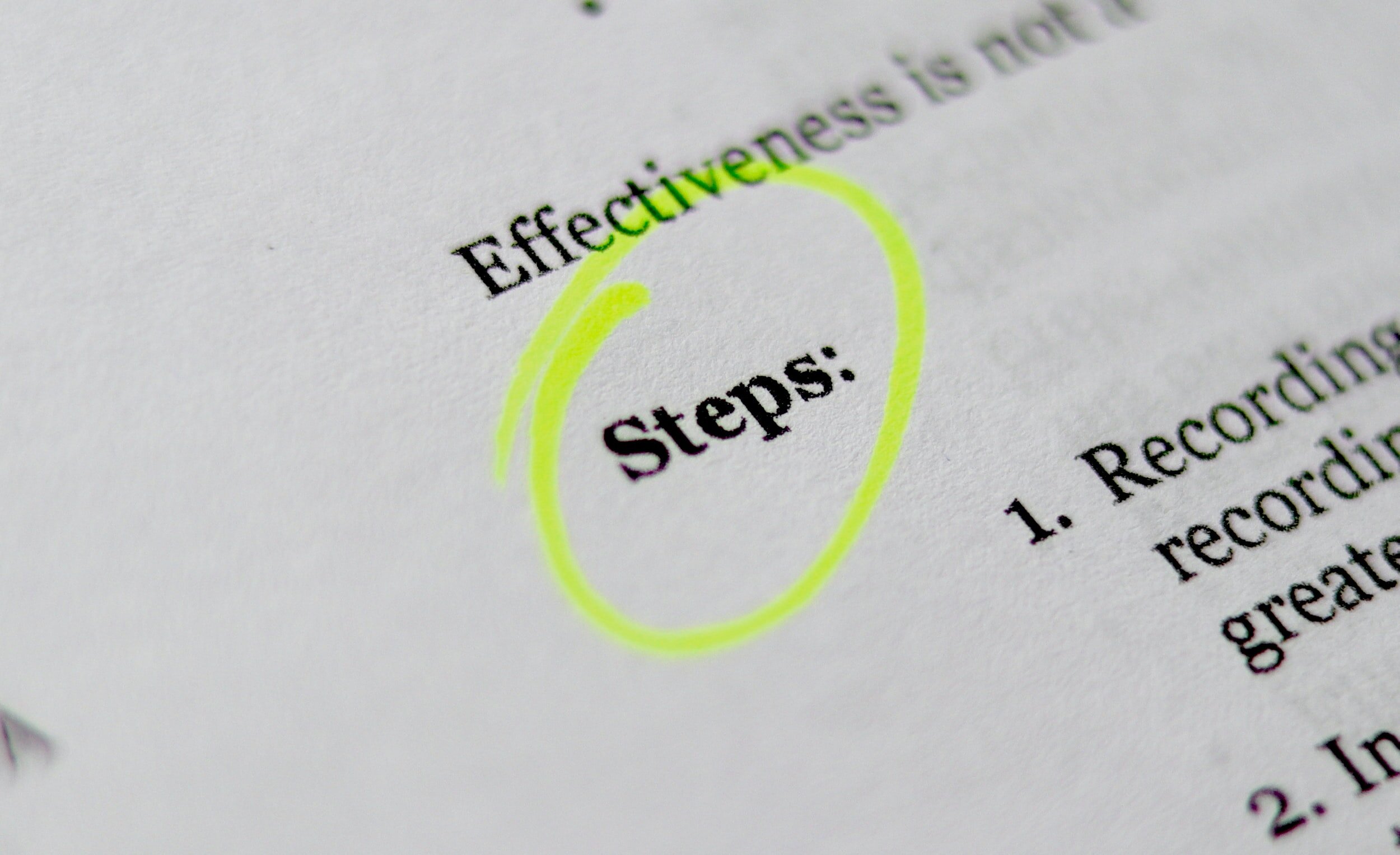How to Deal With A Difficult Stakeholder
/Stakeholders come in different flavours - from the shifty one who does not commit to any decision, the one with the loudest voice in the room who seems to know it all, the one who runs late for meetings or does not bother to show up, to the ones who show up but find it difficult to agree with anything that is said. The list is endless. Getting a difficult stakeholder to see reason can be challenging but not impossible.
The first step is to examine yourself and your actions. Is there something you are not doing right that is causing the stakeholder to react negatively? If you have ticked all the boxes from your end and are not making much progress, it is possible you are dealing with a notoriously difficult stakeholder.
Dealing with difficult stakeholders is in fact, no different from dealing with difficult people. This article sheds light on 5 major tactics you can employ to ensure you get a stakeholder to cooperate or at least, prevent him or her from derailing your project completely.
1. Do not deal with issues when you are upset or feel like you are losing control. Conversations can derail quickly and emotions can run high, whether you are discussing with stakeholders from the business or technical team. To avoid doing or saying what you will regret later, reschedule the meeting for another time. This will give you enough time to calm down, reassess the situation and identify the best way forward.
2. Choose your battles wisely. In some cases, confrontation with a difficult stakeholder can be beneficial and help to iron out issues for good. In other cases, it’s just not necessary. I’ll go further to say, “Choose whom you fight with wisely”. It is possible that the stakeholder you are dealing with does not have a final say on the contentious issue. Don’t spend precious time and energy debating issues if nothing will come out of it. Instead, save the debate for someone who can actually make a difference to the situation.
3. Do not take things personally. Do not take responsibility for another person’s behaviour. A difficult person may have become so due to a series of bad experiences. Detach yourself from the situation to be able to assess it objectively. People act difficult for different reasons and this is not necessarily a reflection of your shortcomings. Try to understand what the underlying reason is for their lack of cooperation and address it.
One way to detach yourself is through the use of humour. Learn to use humour wisely to defuse tension.
4. If you decide to confront the difficult stakeholder, separate the person from the issue. As is popularly said, “Be soft on the person but hard on the issue”. When you deal with a stakeholder softly, he or she will eventually become more willing to listen to you.
5. If all else fails, escalate to a higher authority. Employees tend to behave better when their superiors are involved.
At some point in your career, you will come across a “difficult” stakeholder. It is important to know how to manage the situation, especially when the participation of the stakeholder is key to the success of your project.
How do you deal with difficult stakeholders?
Attribution
"Trouble Character Means Problems Difficulty Or Worries" Picture by Stuart Miles/FreeDigitalPhotos.Net










Transporting hazardous liquids is a critical operation across industries like chemicals, mining, and agriculture. With growing demand and increasing emphasis on sustainability, businesses are facing heightened challenges and responsibilities in 2025